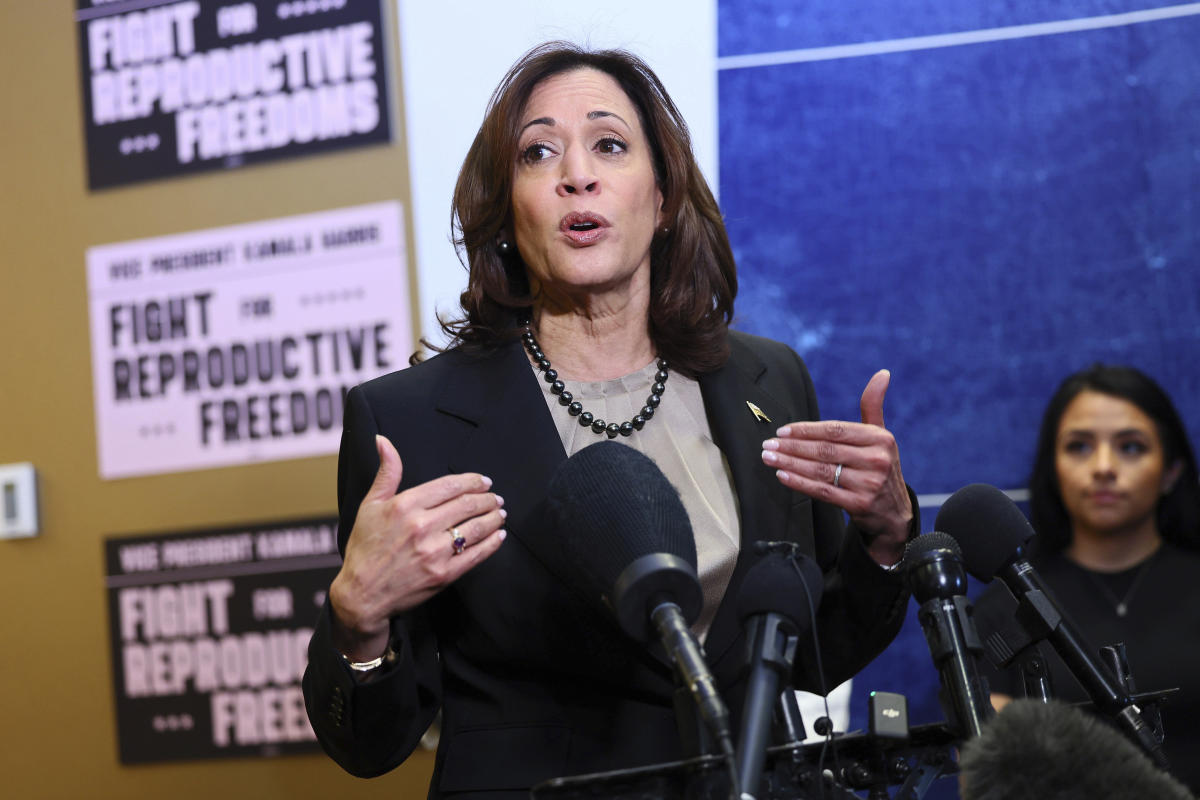(Bloomberg) — Kenyan courts ruled against the government in two key cases Friday, the latest in a string of setbacks for President William Ruto.
Most Read from Bloomberg
A three-judge bench in the Court of Appeal ruled to suspend a mandatory 1.5% tax introduced in July until an ongoing appeal against the validity of the tariff is heard and determined.
“In our view, public interest lies in awaiting the determination of the appeal,” the three judges ruled on Friday. “This is because if the stay sought is granted at this stage, should the appellate court affirm the impugned decision, then some far-reaching decisions that will have been undertaken pursuant to the impugned laws may not be reversible.”
An appeal by the National Treasury had sought to overturn a High Court ruling in November that declared the housing tax “discriminatory and unfair” because it only applied to those with formal jobs and not the informal sector. Treasury Secretary Njuguna Ndung’u warned in court submissions that suspending the levy would lead to “serious consequences” for the nation’s budget, including increased government borrowing to fund the deficit.
In a separate judgment on Friday, the High Court thwarted government plans to send police forces to rein in powerful gangs in Haiti, saying such a deployment would be unconstitutional. Ruto had volunteered Kenyan troops to lead a United Nations mission to the Caribbean country.
The state will challenge the second verdict, the government’s spokesman, Isaac Mwaura, said in a statement.
The East African nation’s leader blames graft at the judiciary for a string of losses for the government in the courts. Ruto vowed to “root out the corrupt” in the judiciary and this week met Chief Justice Martha Koome to iron out differences between the two arms of government.
Investor Concerns
Ruto’s administration has introduced a series of tax changes since coming to power in 2022, including doubling the value-added tax on fuel to 16% and a five-percentage point increase in personal income tax for the highest-income band to raise an additional 211 billion shillings ($1.29 billion) in the current fiscal year to end-June. Almost a dozen cases, including one by opposition leader Raila Odinga, were filed at the High Court challenging the legality of the levies.
The new taxes are a focal point for investors concerned about Kenya’s debt burden and its ability to repay a $2 billion eurobond that falls due in June. The state spends more than half of its tax income on servicing loans, leaving little room for capital expenditure. The country also faces elevated energy- and food-import bills, with a depreciating currency and limited foreign exchange to fund shortfalls.
The yield on its 2024 bonds fell 6 basis points to 14.77% by 3:25 p.m. in the capital, Nairobi. The shilling, Africa’s second-worst performing currency against the dollar this year, gained 0.4% to 162.82 per dollar.
The government had forecast the housing levy would raise 73 billion shillings this fiscal year. Total revenue collection in the first half was estimated at 42% of the annual target.
(Recasts with case on police deployment to Haiti)
Most Read from Bloomberg Businessweek
©2024 Bloomberg L.P.
Signup bonus from





